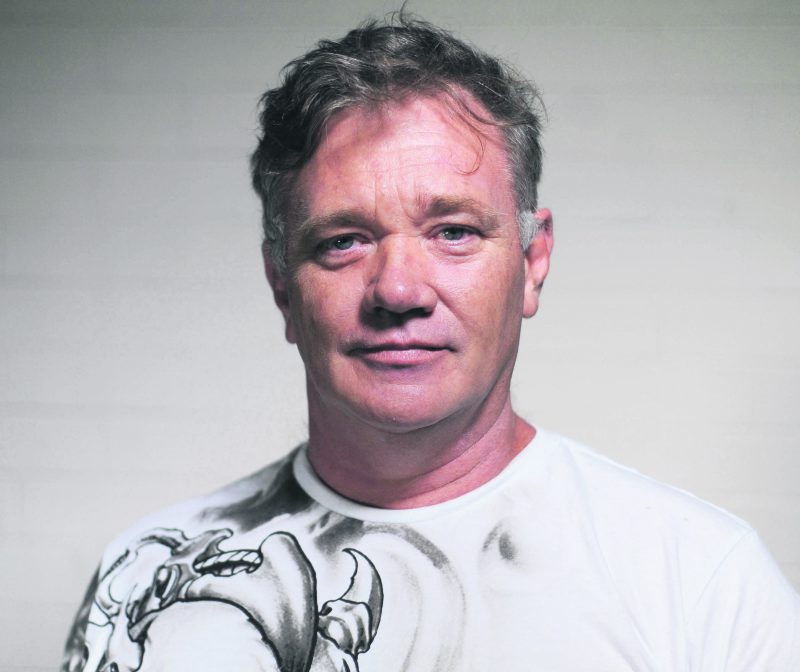The children's TV programme 'In The Night Garden' is built on sheer madness. But it is still a much saner, more balanced place than the real world.

When you have a toddler, you have no say when it comes to selecting a TV channel.
This simple truth resulted in Snapdragon and I recently watching 30 minutes of absolute lunacy in In The Night Garden, a children’s programme featuring weird characters doing strange things.
“I don’t think I like Upsy Daisy,” the lovely Snapdragon said about a character who drags her bed with her. “She’s a right little flirt with bad hair. I think she’s trying to get it on with Iggle Piggle.”
“Perhaps she already has?” I offered my take. “Those two seem very happy. But I don’t have anything against flirty girls. Some of my best friends are girls with questionable morals.”
Just then the narrator, the Shakespearian actor sir Derek Jacobi, reminded viewers in his modulated voice that “only Upsy Daisy is allowed in Upsy Daisy’s bed”.
“As if they are listening. I am sure I saw a thrust when Iggle Piggle gave Upsy Daisy a little kiss,” Snapdragon spewed. “At least she’ll leave the plump Makka Pakka alone. He doesn’t have a sexy bone in his round little body.”
“I can’t really blame the Pontipine mom and dad for sleeping in different beds. They already have eight children,” I said, raising one of my biggest fears. I’m over 50 and have a two-year-old.
“Just imagine what a trip in the Ninky Nonk train will cost that family,” Snapdragon said. “It’s worrying that TV programmes lose contact with reality. How do you think this bunch will do in the real world?”
And then it dawned on me.
In our modern South Africa, the defenceless Upsy Daisy would most likely suffer domestic violence. Iggle Piggle’s red blanket would be stolen.
Makka Pakka would be body-shamed before becoming the victim of a diet scam and the Pontipine family would be unable to feed their children, thanks to a 15% VAT rate and a sky-high fuel price.
In The Night Garden is built on sheer madness. But it is still a much saner, more balanced place than the real world.
It is not our job as parents to worry too much about imaginary places. We have to create a world where children can flourish and lead a life filled with love, tolerance and abundance.
And I’m not too sure we are succeeding.

Dirk Lotriet. Picture: Alaister Russell
For more news your way, follow The Citizen on Facebook and Twitter.
Support Local Journalism
Add The Citizen as a Preferred Source on Google and follow us on Google News to see more of our trusted reporting in Google News and Top Stories.






